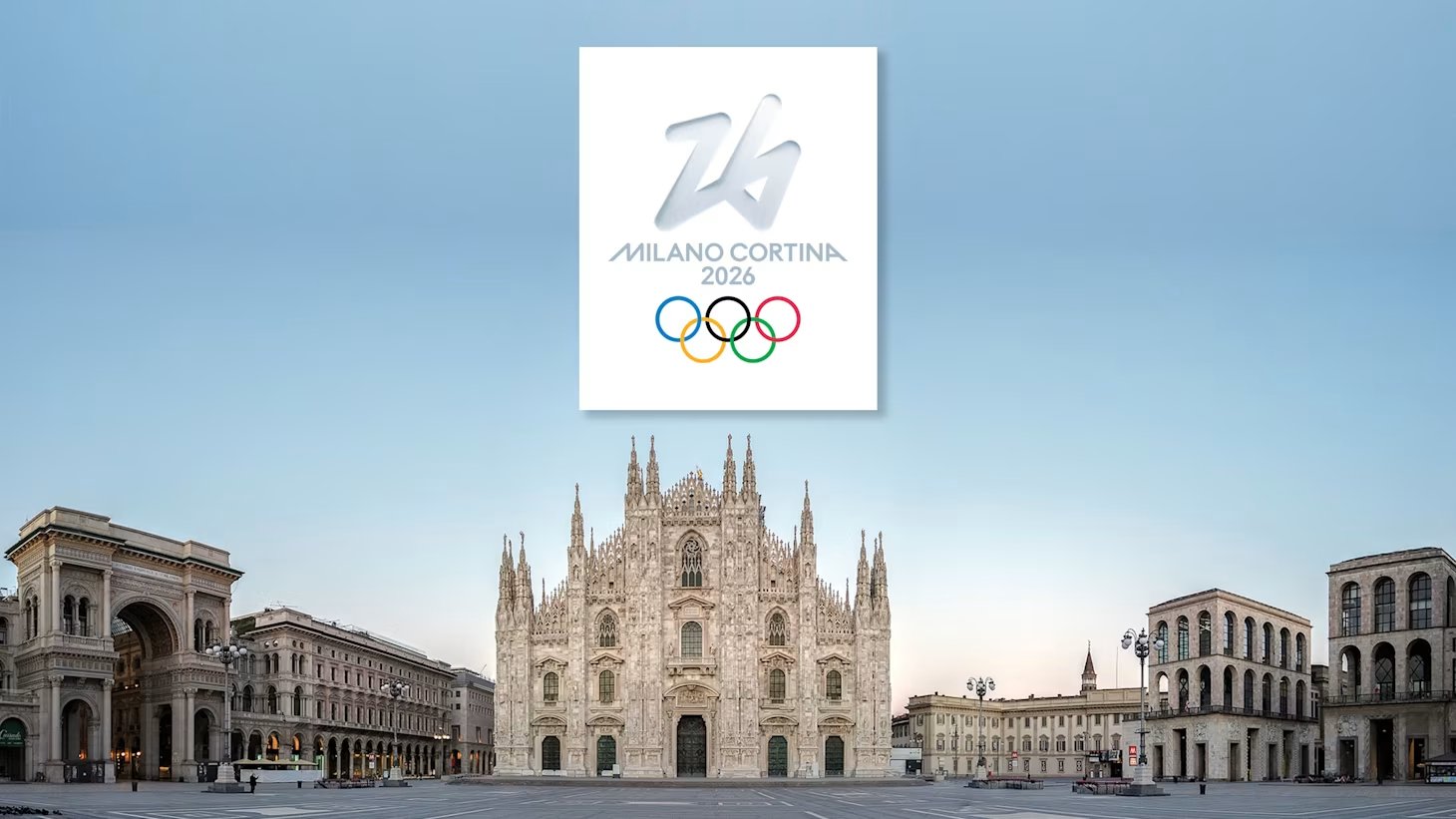Can materials innovation prevent another Fukushima?

John E. Kaye
- Published
- Science
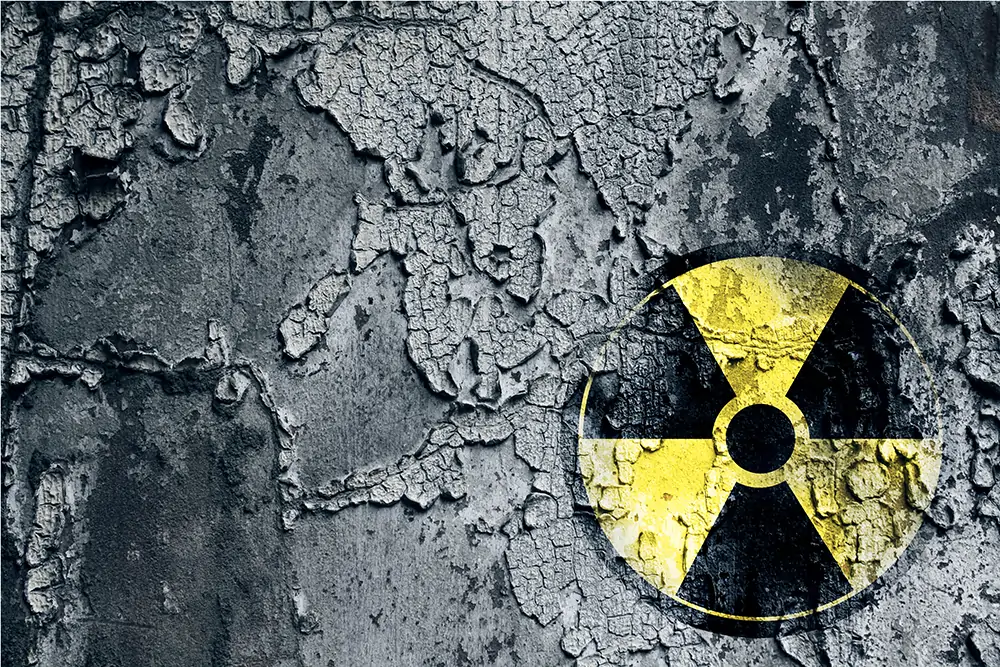
Konstantina Lambrinou of the University of Huddersfield explains why the accelerated development of advanced nuclear materials is the shortest path to safer nuclear energy
The Fukushima Daiichi event in March 2011 demonstrated the need for safer nuclear energy, thus becoming a major driving force for global investments in accident-tolerant fuels (ATFs). The Fukushima event was caused by material failure, i.e., the melting of zirconium-based alloy (zircaloy) fuel claddings during the loss-of-coolant accident following the 2011 Great East Japan Earthquake and tsunami. The root cause of this failure lies in the runaway oxidation reactions of zircaloys in steam, which is the state of the primary coolant (water) of light water reactors during accidents. These reactions are strongly exothermic, producing copious amounts of heat that can quickly raise temperature, resulting in core meltdown, hydrogen explosion and release of radioactive fission products beyond the site boundary, as observed during the 2011 Fukushima event.
Such events are undesirable due to their detrimental effects on society and environment in the nuclear power plant (NPP) vicinity; moreover, the potential severity of nuclear accidents, albeit rare, discourages the widespread use of nuclear energy, a carbon-free energy that can reduce the greenhouse gas emissions of other energy sources and assist humanity in combatting climatic change. As the cause of Fukushima-like events lies in the inherent weaknesses of standard zircaloys, the development of ATF cladding materials that can outperform zircaloys is of paramount importance. The expedited deployment of ATF claddings will not only make nuclear energy safer by buying valuable time needed to resume control of NPPs during accident scenarios but will secure additional economic benefits stemming from the higher achievable levels of fuel burnup and enrichment due to the slower in-reactor corrosion of ATF claddings, thus resulting in longer fuel cycles, lower fuel costs, and better use of nuclear fuel before discarding it in waste.
The HORIZON SCORPION project
The HORIZON SCORPION project is a collaboration of sixteen partners from the EU, the UK, the USA, Japan and Switzerland that focuses on the “revolutionary” SiC/SiC composite ATF cladding material concept. SiC/SiC composites (i.e., SiC fibre-reinforced SiC) exhibit refractoriness (high-temperature stability), pseudo-ductility (damage tolerance; Fig. 1) and a lack of accelerated oxidation during a loss-of-coolant accident.
Despite these advantages, all state-of-the-art SiC/SiC composite variants must still overcome shortcomings such as the inadequate SiC compatibility with water and steam (Figs. 2-3). SCORPION strives for a radical improvement in the performance of SiC/SiC composites via multiscale material tailoring, which entails material re-design on the nanoscale (e.g., grain boundary engineering; Fig. 3), mesoscale (e.g., fibre/matrix interface modification) and macroscale (e.g., coating development) vis-à-vis the ATF application. Such extreme materials tailoring is foreign for the conservative nuclear sector; however, it is requested by the mounting needs in reliable nuclear materials. Accelerated material development (AMD) requires the incessant communication of design, production and performance assessment but is arguably a short and cost-effective path to safer nuclear energy. AMD draws inspiration from different scientific disciplines and uses sophisticated test tools/approaches that can recreate the conditions of the targeted application (Fig. 3).
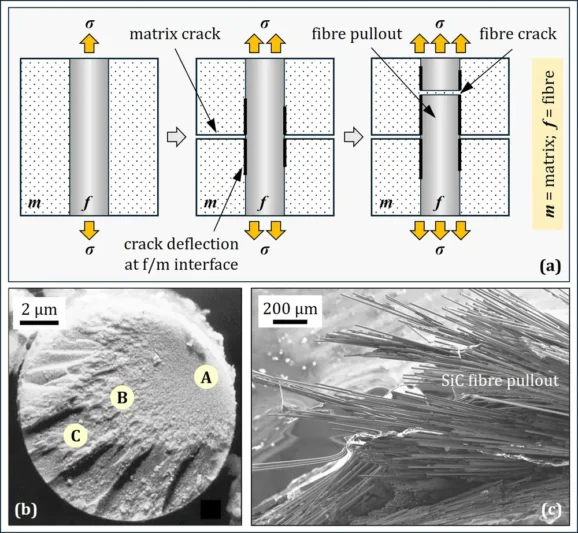
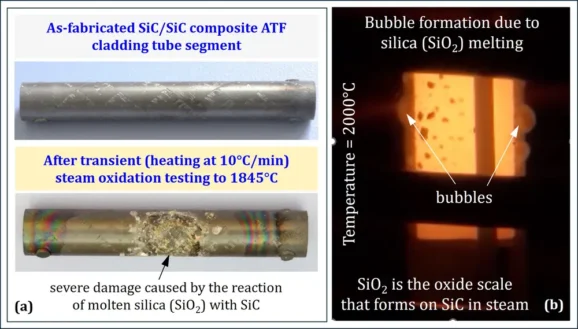
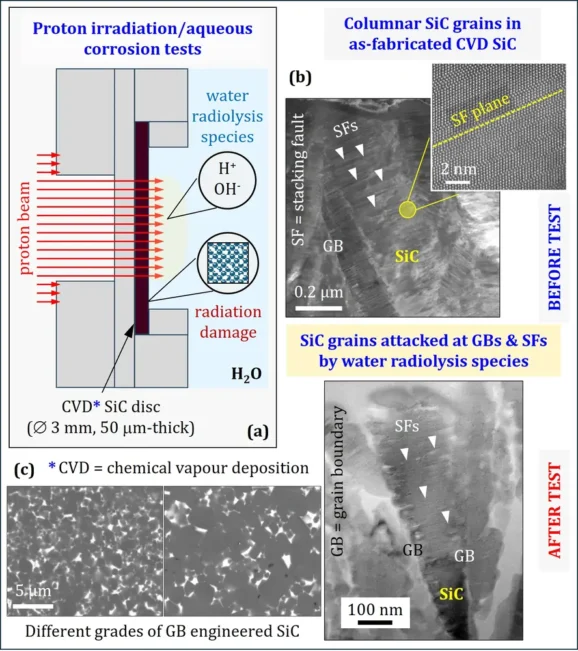
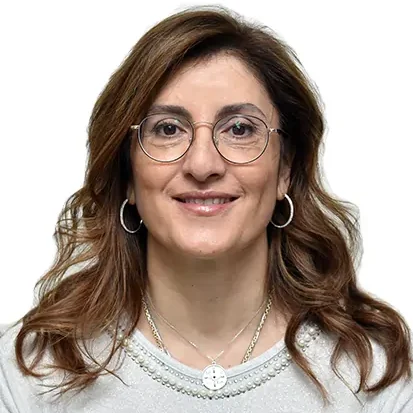
Prof Dr Konstantina Lambrinou is Professor of Advanced Materials at the School of Computing and Engineering, University of Huddersfield, UK. Her main research interests revolve around the accelerated development of advanced nuclear materials, including ATFs. Prof Lambrinou is the coordinator of HORIZON SCORPION (Grant Agreement No 101059511) and H2020 IL TROVATORE (Grant Agreement No 740415), the European lead of I-NERI PERSEUS, and the technical lead of a Westinghouse GAIN programme on the Cr-coated ATF cladding.
Further information
https://projectscorpion.eu
[email protected]
Acknowledgments: HORIZON SCORPION has received funding from the Euratom Research and Training Programme 2021-2025 under Grant Agreement No 101059511.
RECENT ARTICLES
-
 WPSL targets £16m-plus in global sponsorship drive with five-year SGI partnership
WPSL targets £16m-plus in global sponsorship drive with five-year SGI partnership -
 Dubai office values reportedly double to AED 13.1bn amid supply shortfall
Dubai office values reportedly double to AED 13.1bn amid supply shortfall -
 €60m Lisbon golf-resort scheme tests depth of Portugal’s upper-tier housing demand
€60m Lisbon golf-resort scheme tests depth of Portugal’s upper-tier housing demand -
 2026 Winter Olympics close in Verona as Norway dominates medal table
2026 Winter Olympics close in Verona as Norway dominates medal table -
 Europe’s leading defence powers launch joint drone and autonomous systems programme
Europe’s leading defence powers launch joint drone and autonomous systems programme -
 Euro-zone business activity accelerates as manufacturing returns to expansion
Euro-zone business activity accelerates as manufacturing returns to expansion -
 Deepfake celebrity ads drive new wave of investment scams
Deepfake celebrity ads drive new wave of investment scams -
 WATCH: Red Bull pilot lands plane on moving freight train in aviation first
WATCH: Red Bull pilot lands plane on moving freight train in aviation first -
 Europe eyes Australia-style social media crackdown for children
Europe eyes Australia-style social media crackdown for children -
 These European hotels have just been named Five-Star in Forbes Travel Guide’s 2026 awards
These European hotels have just been named Five-Star in Forbes Travel Guide’s 2026 awards -
 McDonald’s Valentine’s ‘McNugget Caviar’ giveaway sells out within minutes
McDonald’s Valentine’s ‘McNugget Caviar’ giveaway sells out within minutes -
 Europe opens NanoIC pilot line to design the computer chips of the 2030s
Europe opens NanoIC pilot line to design the computer chips of the 2030s -
 Zanzibar’s tourism boom ‘exposes new investment opportunities beyond hotels’
Zanzibar’s tourism boom ‘exposes new investment opportunities beyond hotels’ -
 Gen Z set to make up 34% of global workforce by 2034, new report says
Gen Z set to make up 34% of global workforce by 2034, new report says -
 The ideas and discoveries reshaping our future: Science Matters Volume 3, out now
The ideas and discoveries reshaping our future: Science Matters Volume 3, out now -
 Lasers finally unlock mystery of Charles Darwin’s specimen jars
Lasers finally unlock mystery of Charles Darwin’s specimen jars -
 Strong ESG records help firms take R&D global, study finds
Strong ESG records help firms take R&D global, study finds -
 European Commission issues new cancer prevention guidance as EU records 2.7m cases in a year
European Commission issues new cancer prevention guidance as EU records 2.7m cases in a year -
 Artemis II set to carry astronauts around the Moon for first time in 50 years
Artemis II set to carry astronauts around the Moon for first time in 50 years -
 Meet the AI-powered robot that can sort, load and run your laundry on its own
Meet the AI-powered robot that can sort, load and run your laundry on its own -
 Wingsuit skydivers blast through world’s tallest hotel at 124mph in Dubai stunt
Wingsuit skydivers blast through world’s tallest hotel at 124mph in Dubai stunt -
 Centrum Air to launch first European route with Tashkent–Frankfurt flights
Centrum Air to launch first European route with Tashkent–Frankfurt flights -
 UK organisations still falling short on GDPR compliance, benchmark report finds
UK organisations still falling short on GDPR compliance, benchmark report finds -
 Stanley Johnson appears on Ugandan national television during visit highlighting wildlife and conservation ties
Stanley Johnson appears on Ugandan national television during visit highlighting wildlife and conservation ties -
 Anniversary marks first civilian voyage to Antarctica 60 years ago
Anniversary marks first civilian voyage to Antarctica 60 years ago




